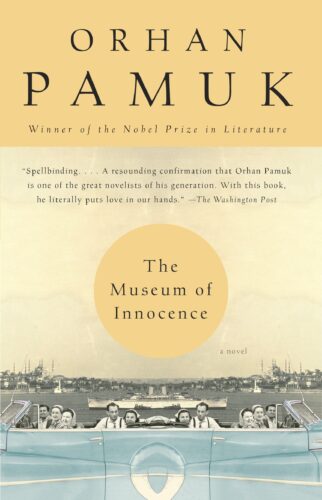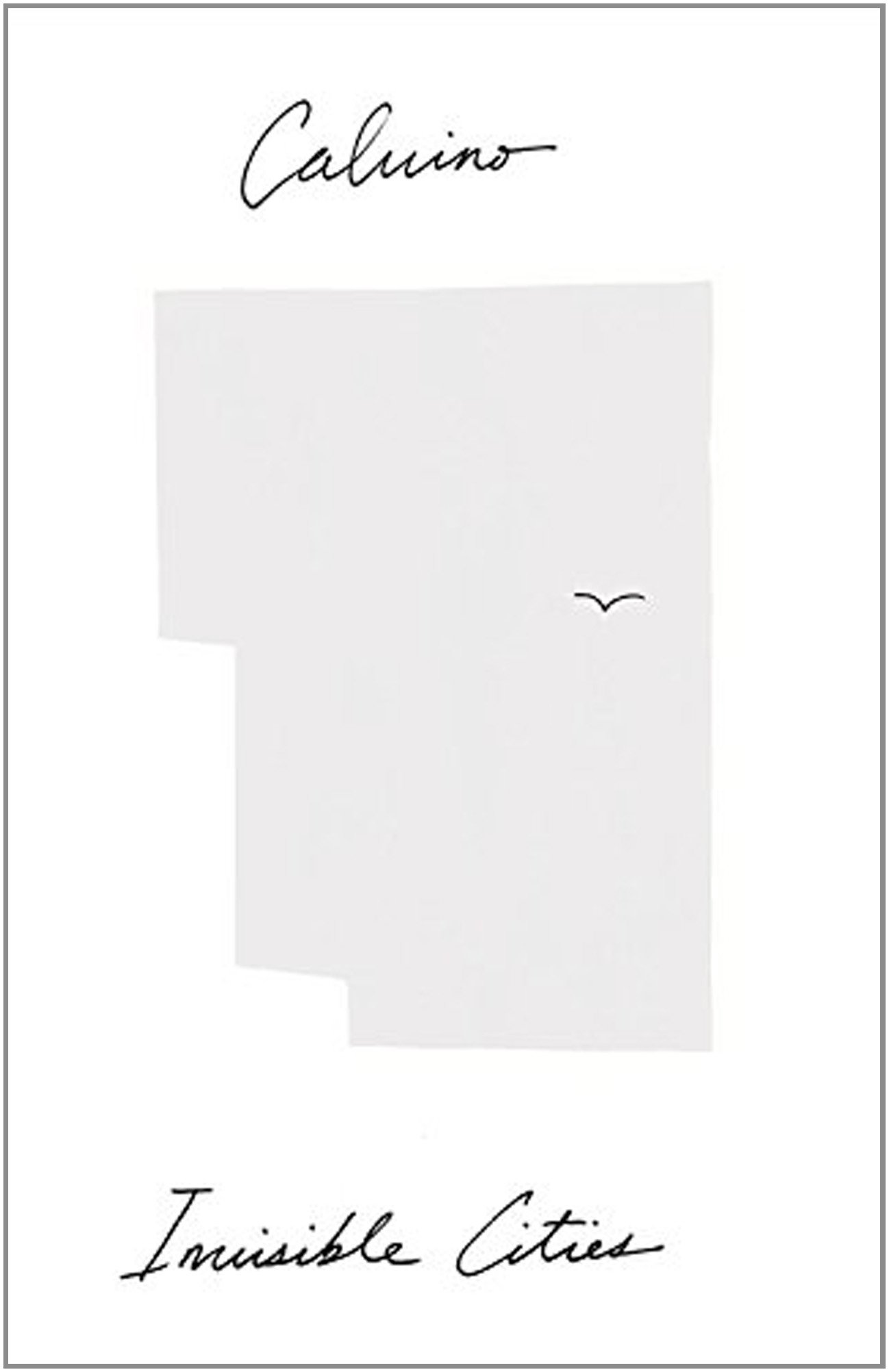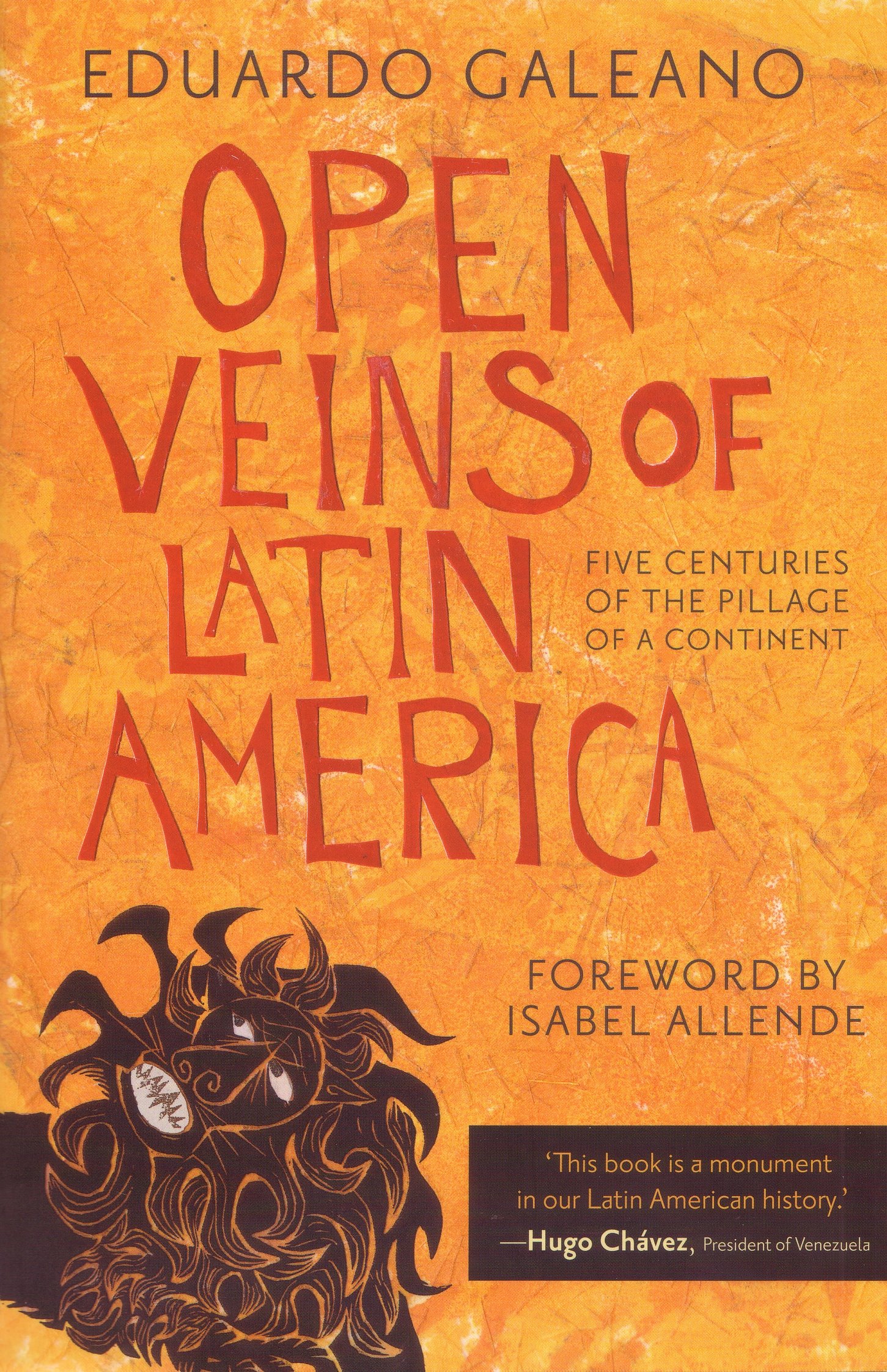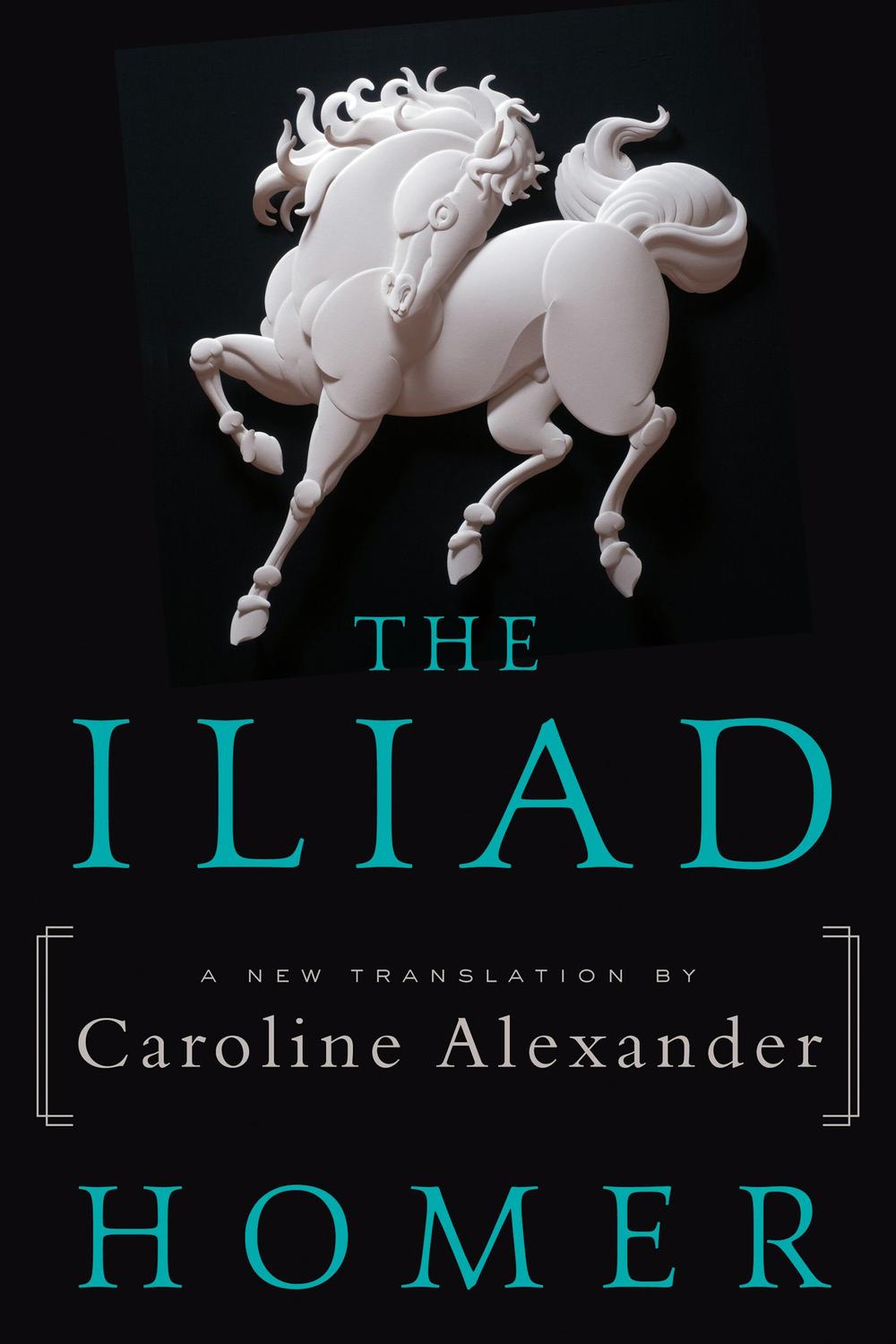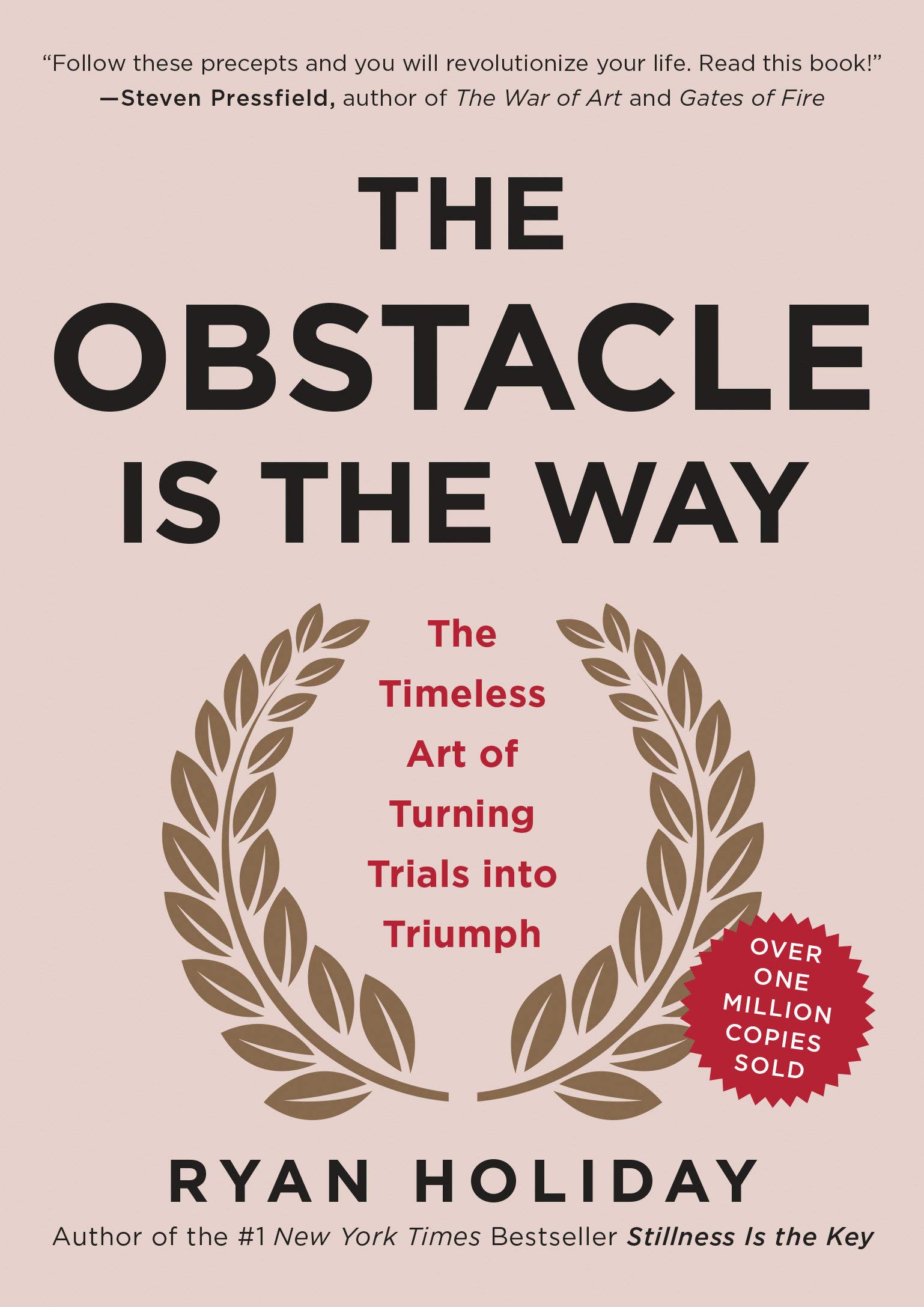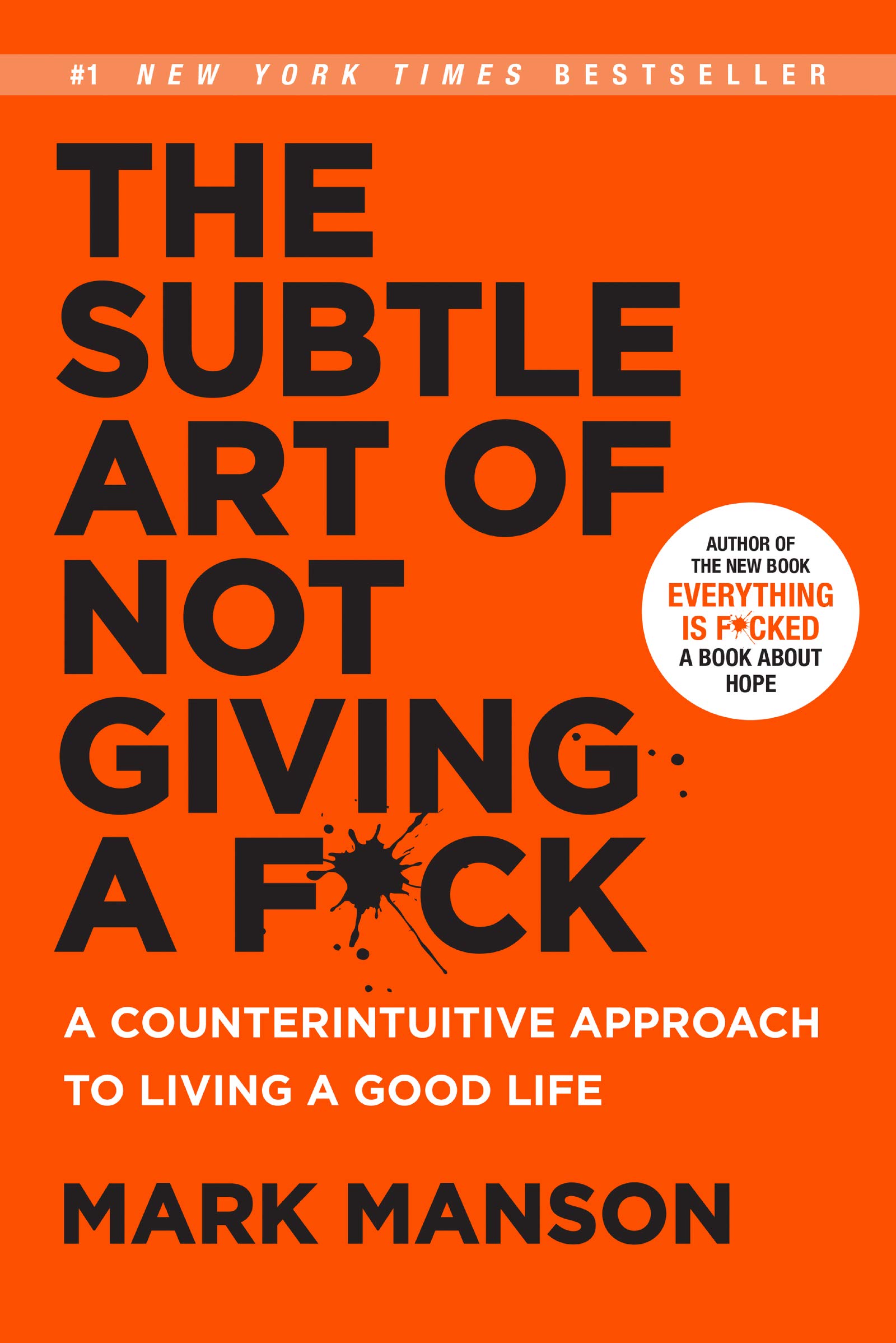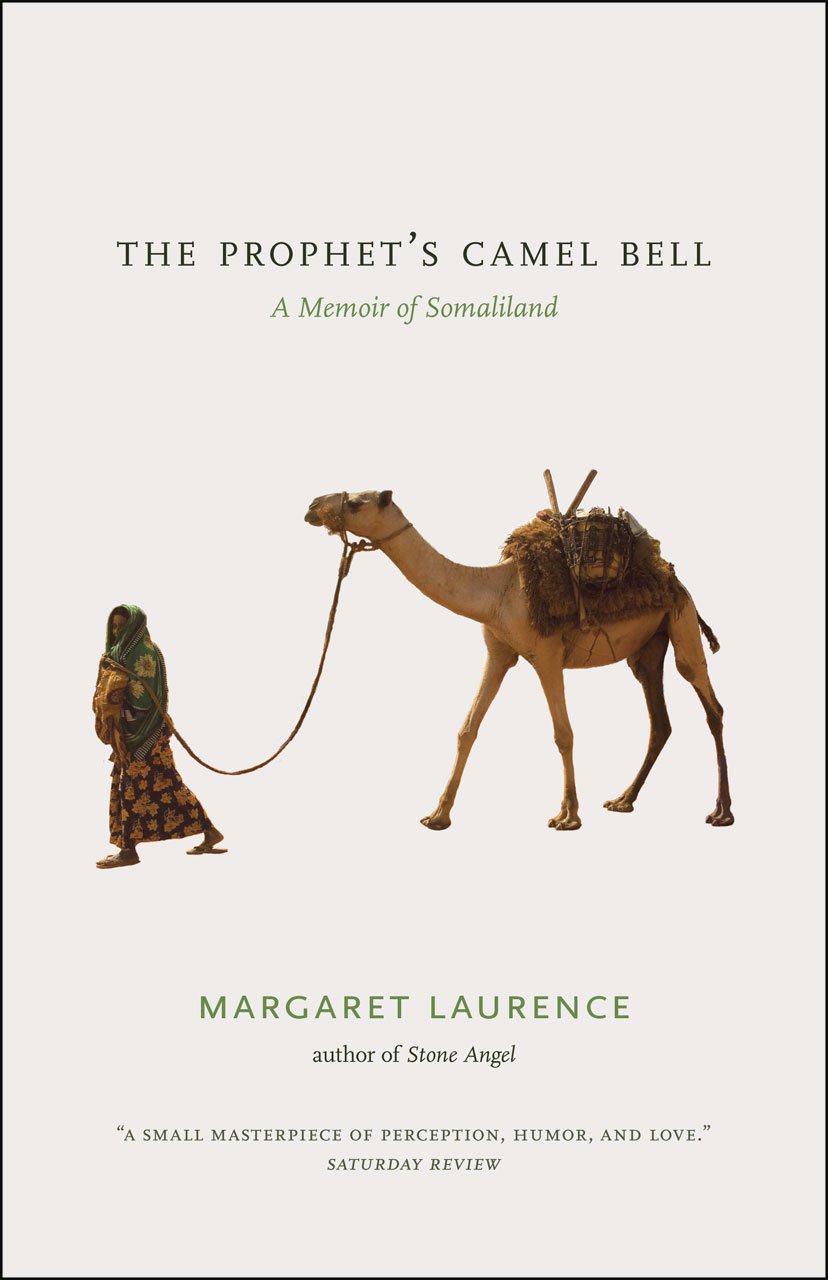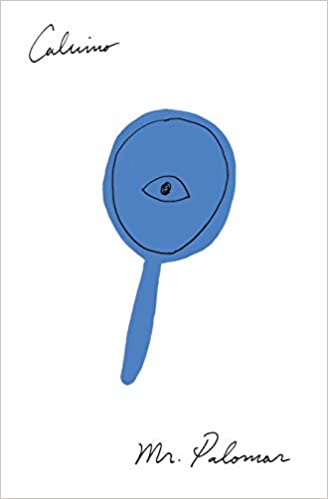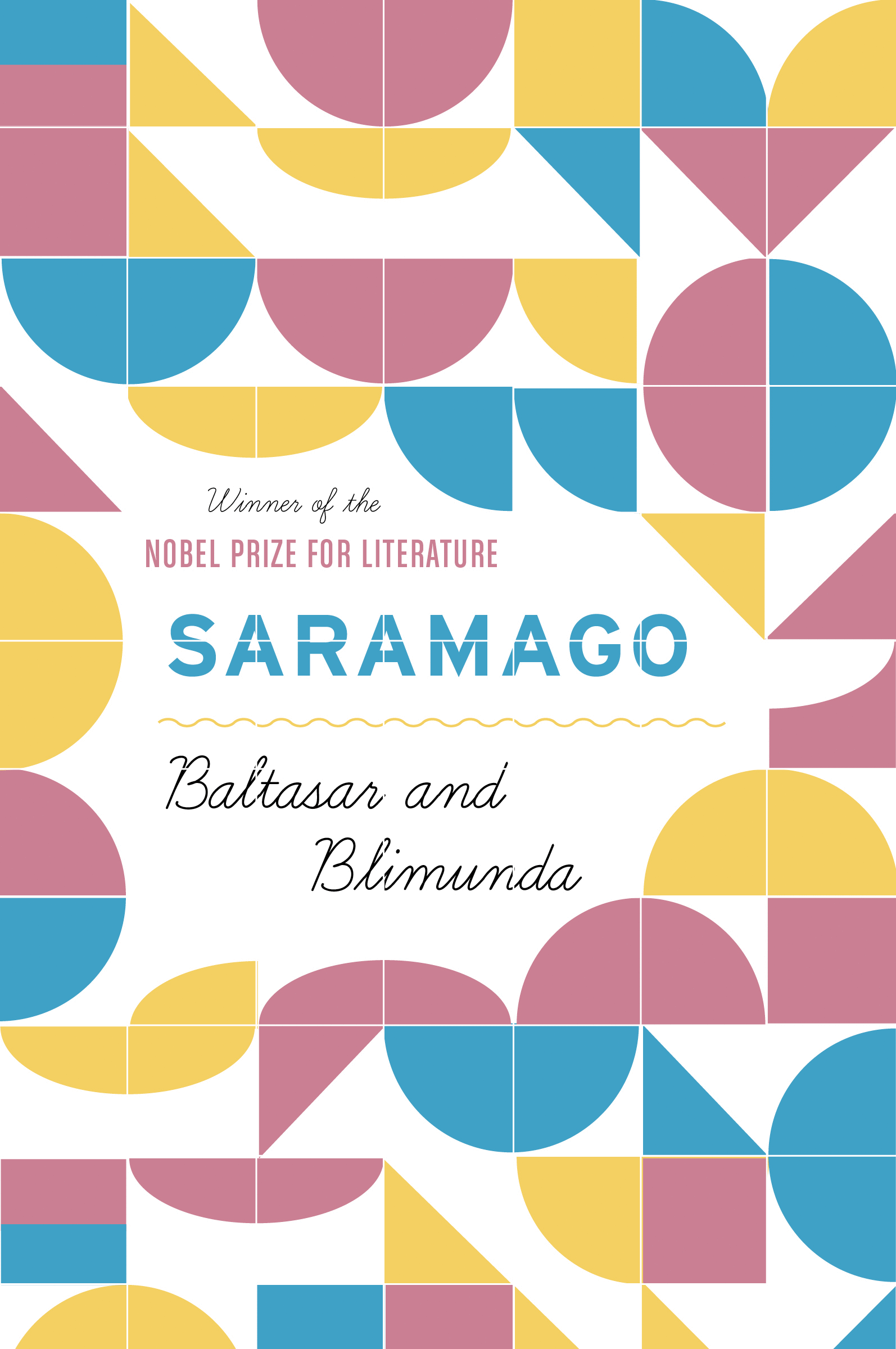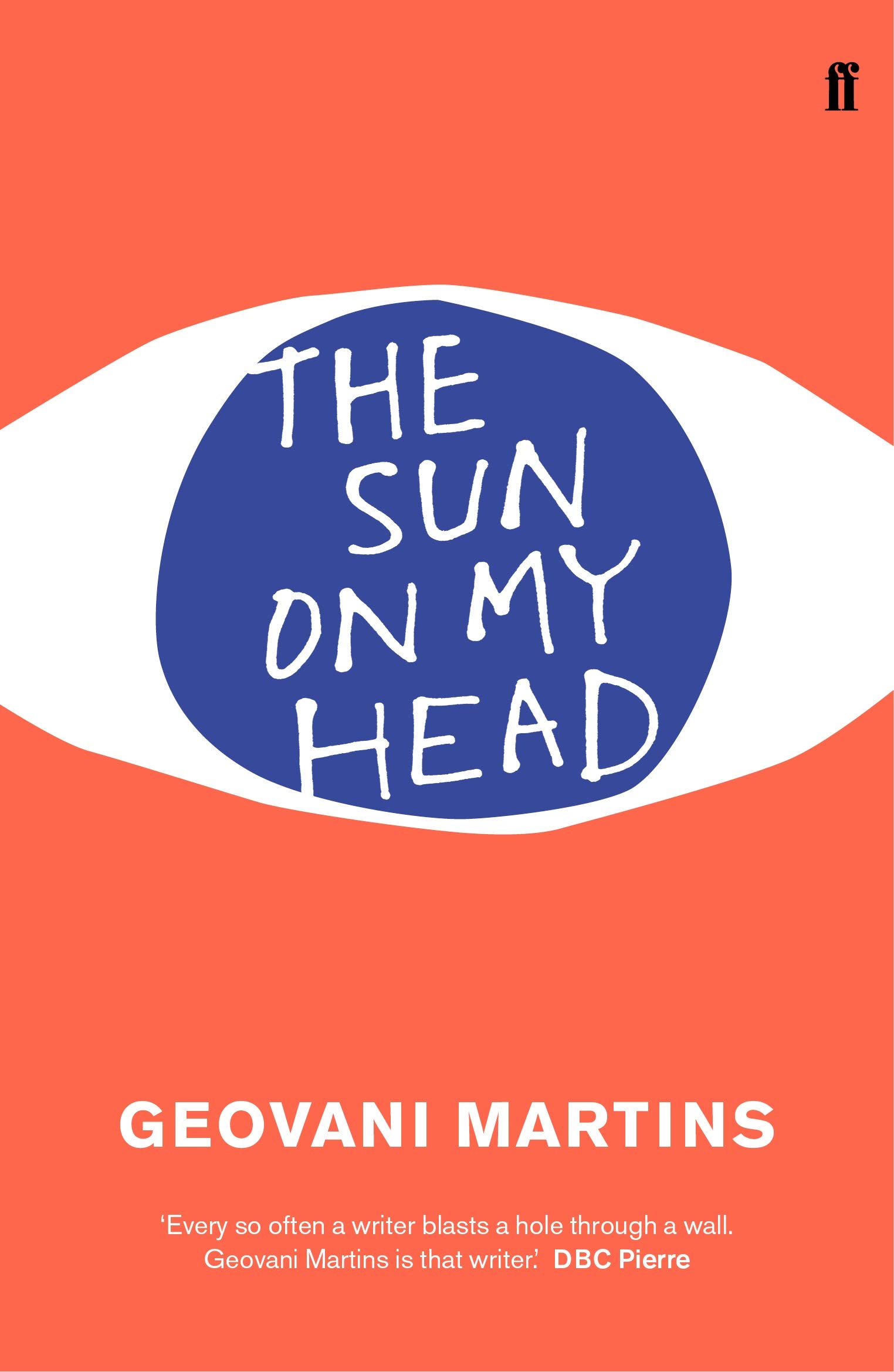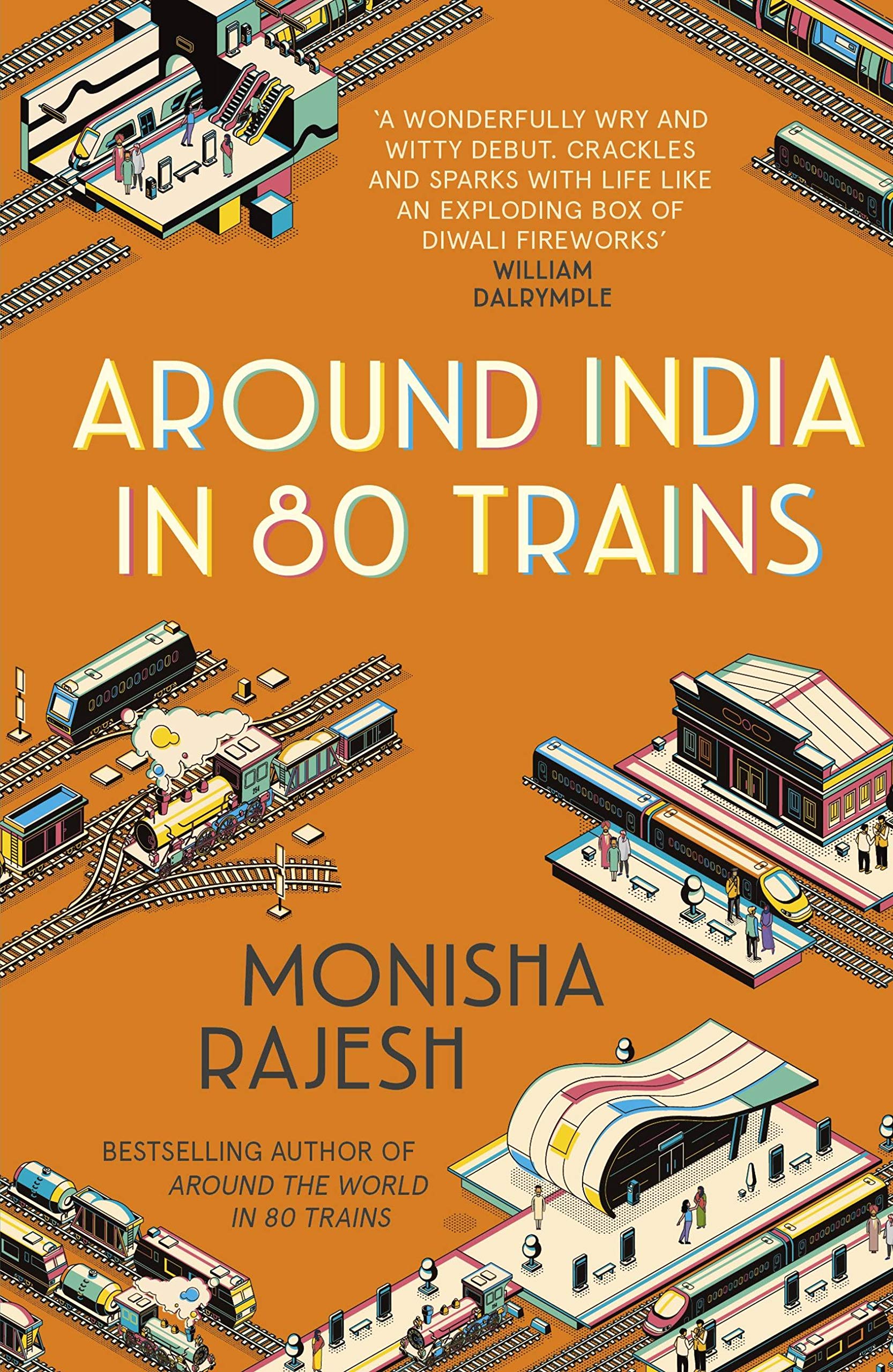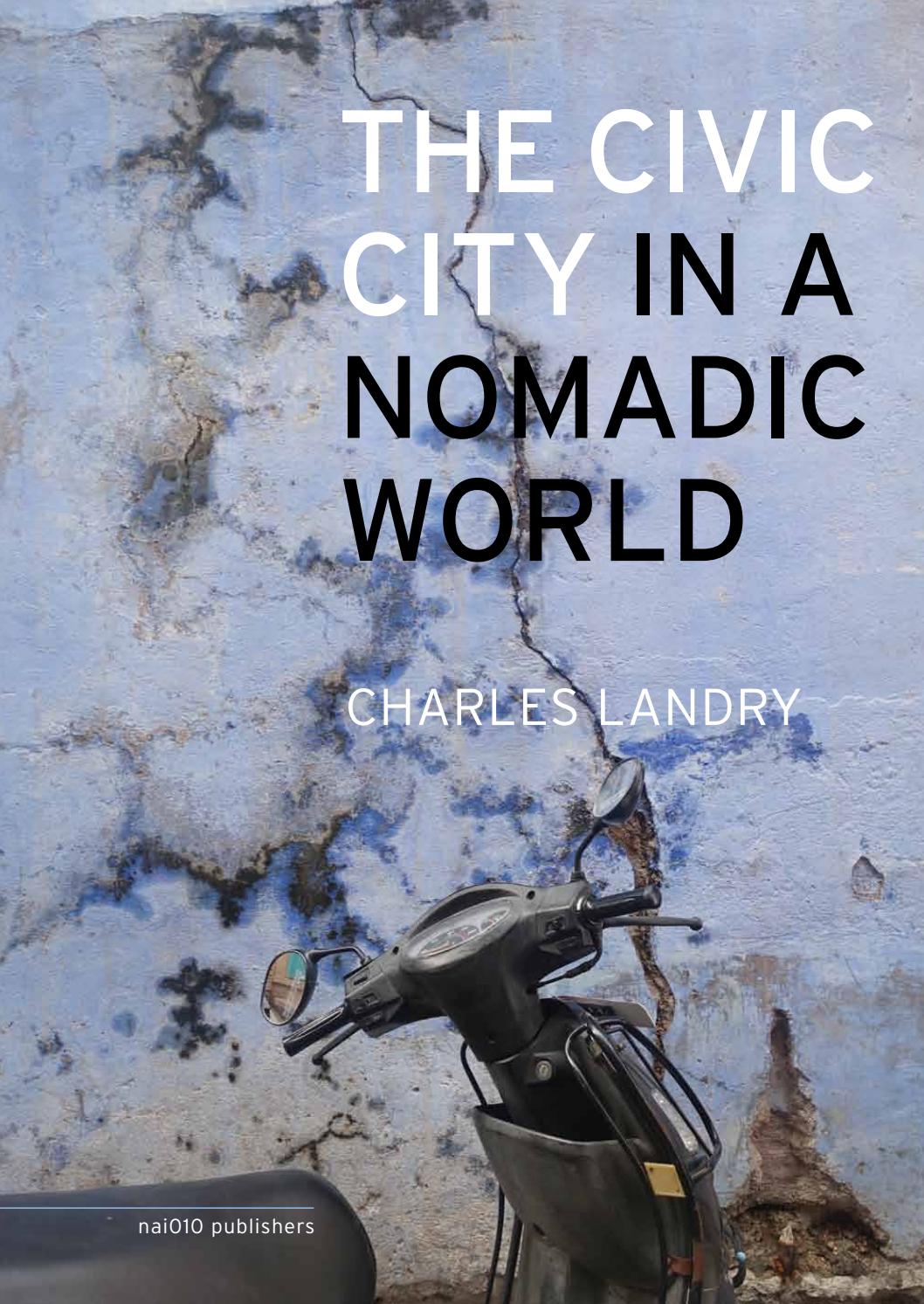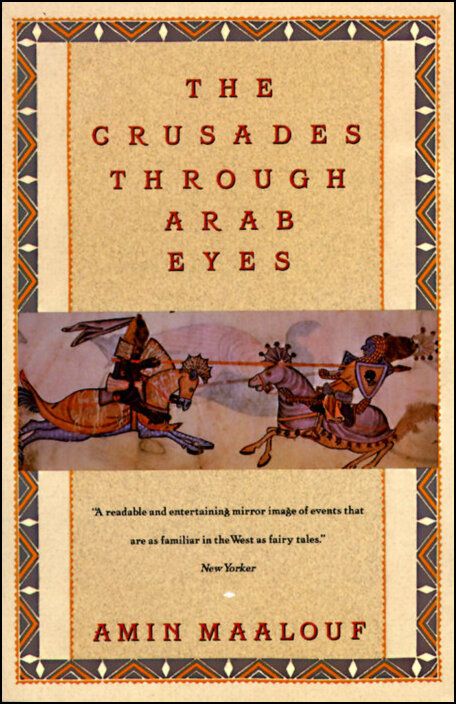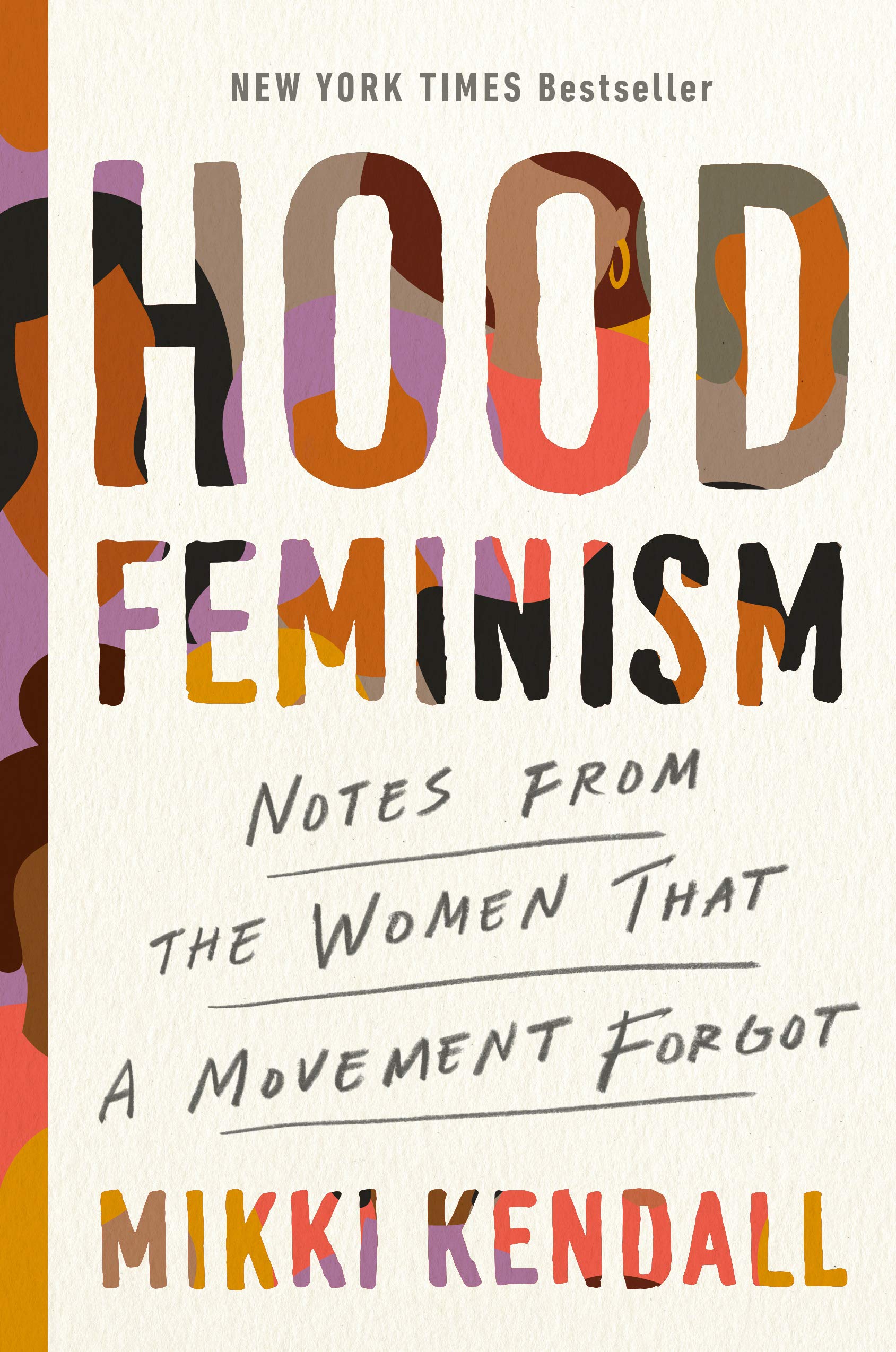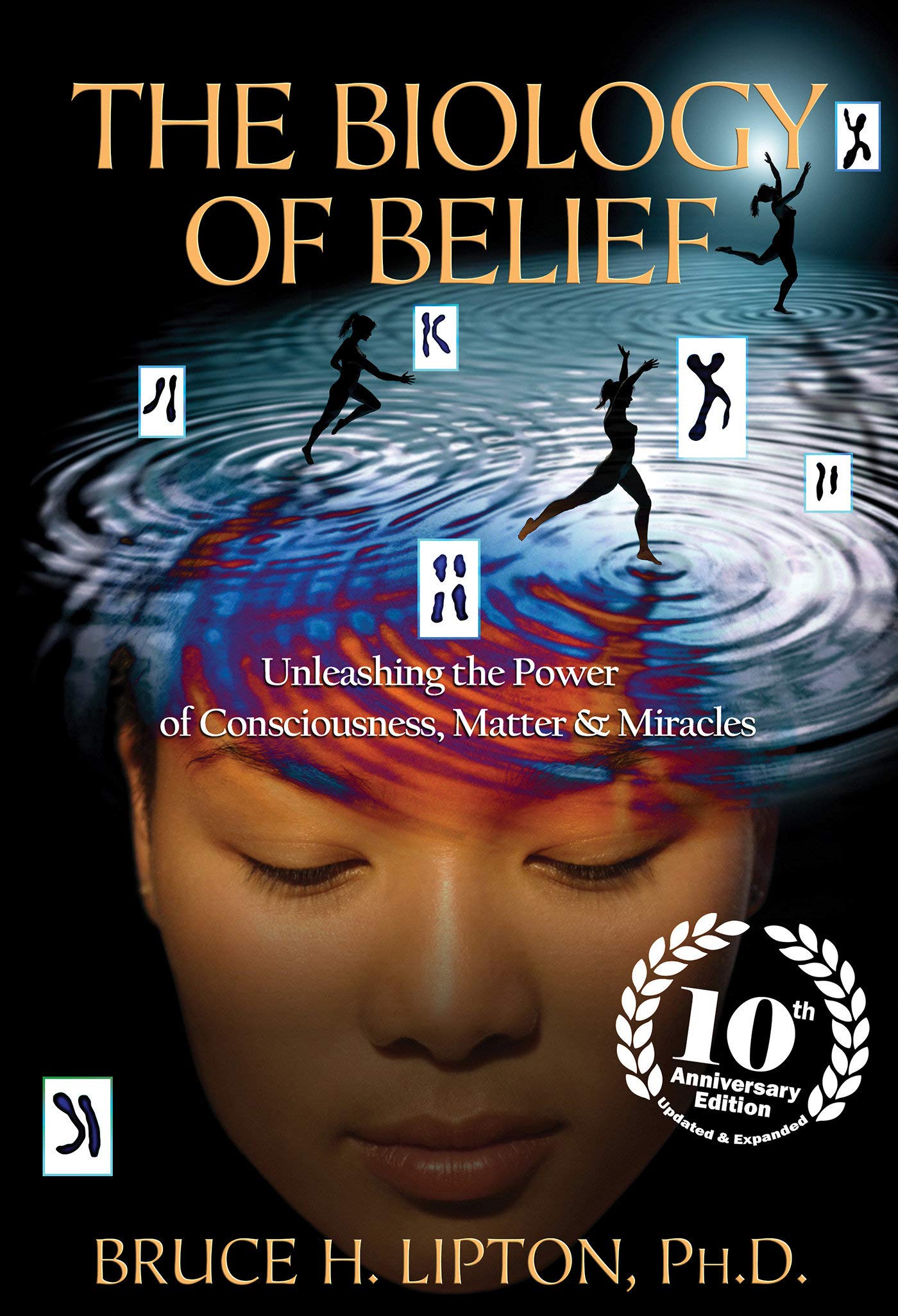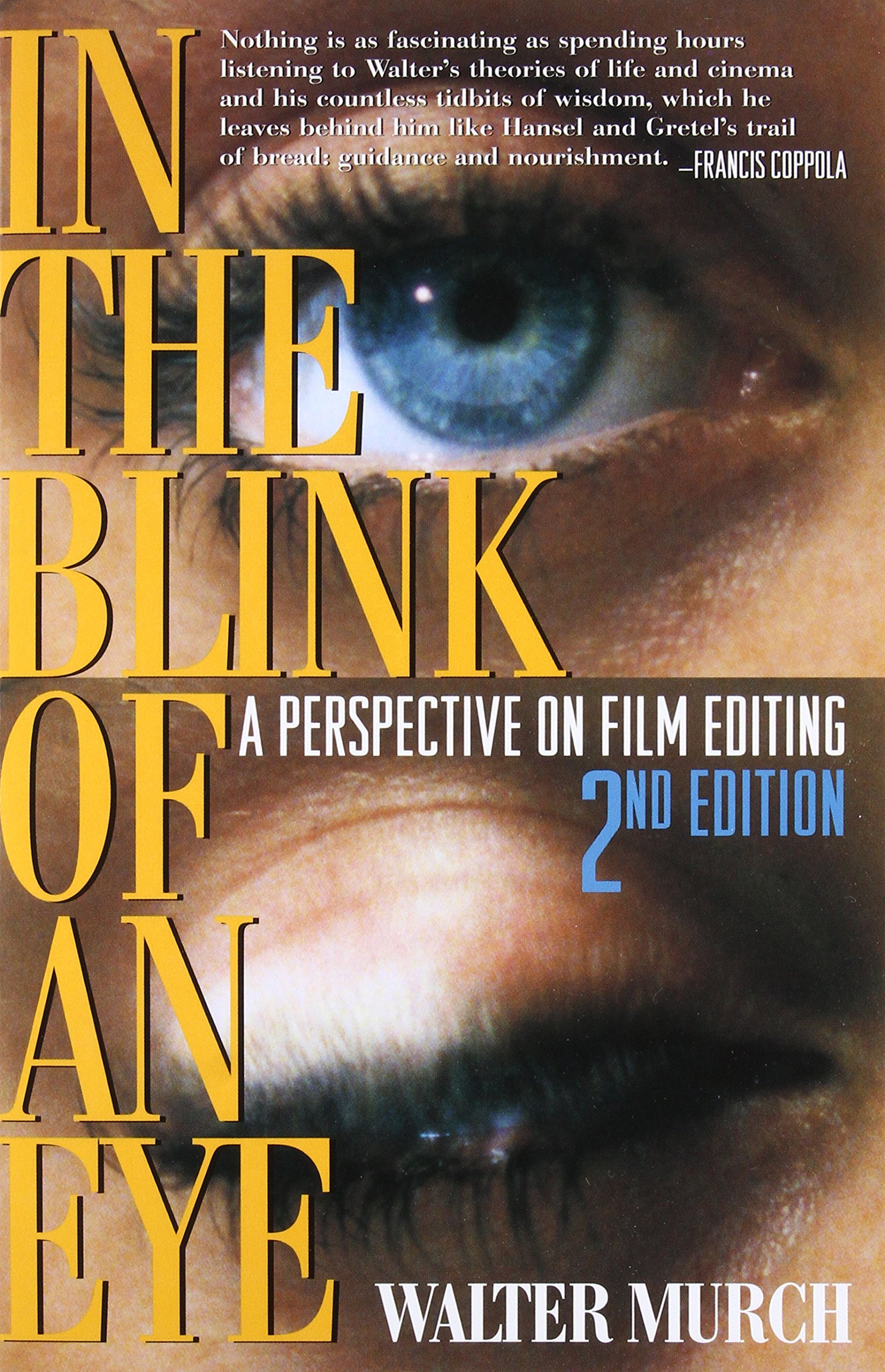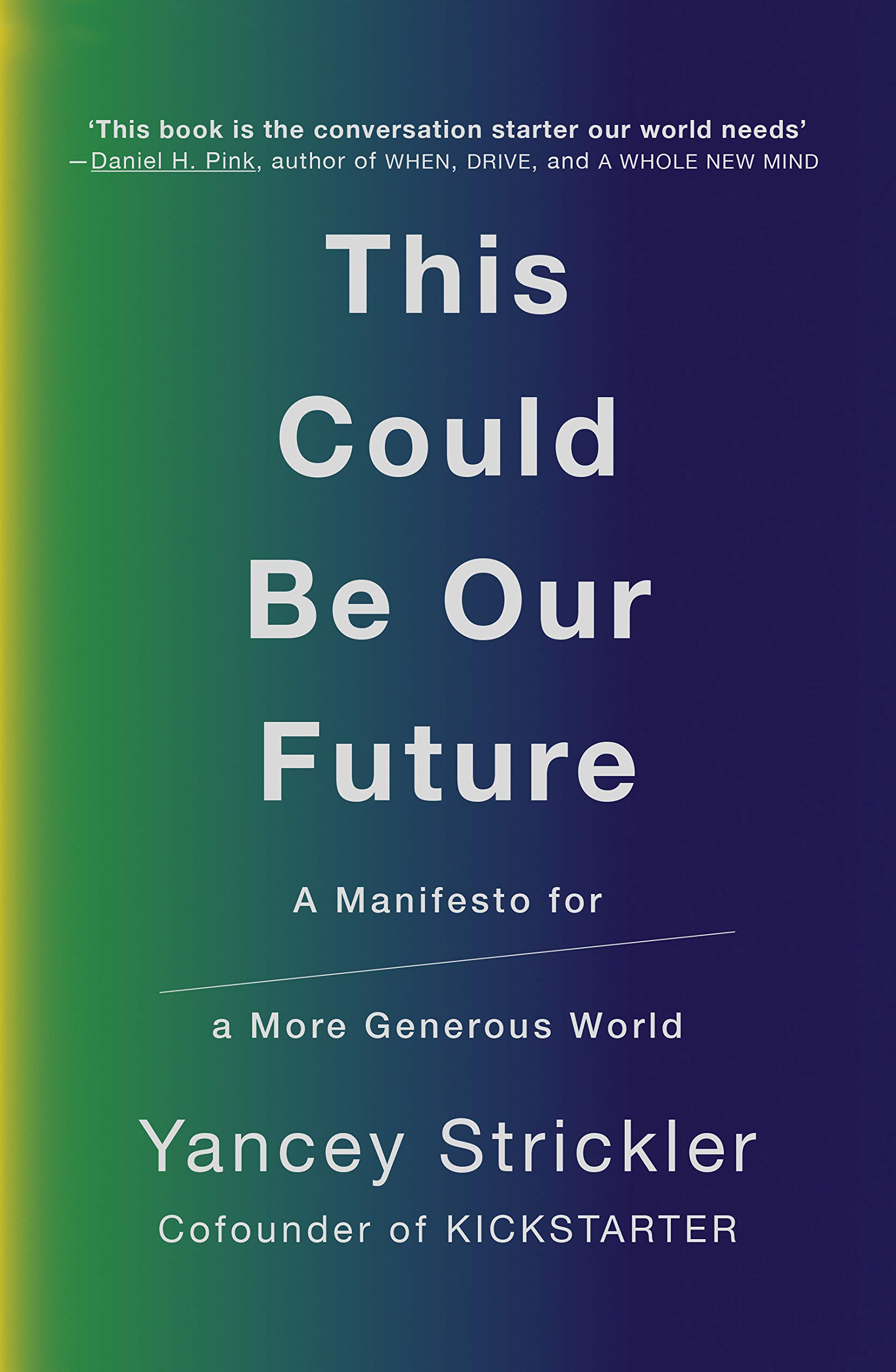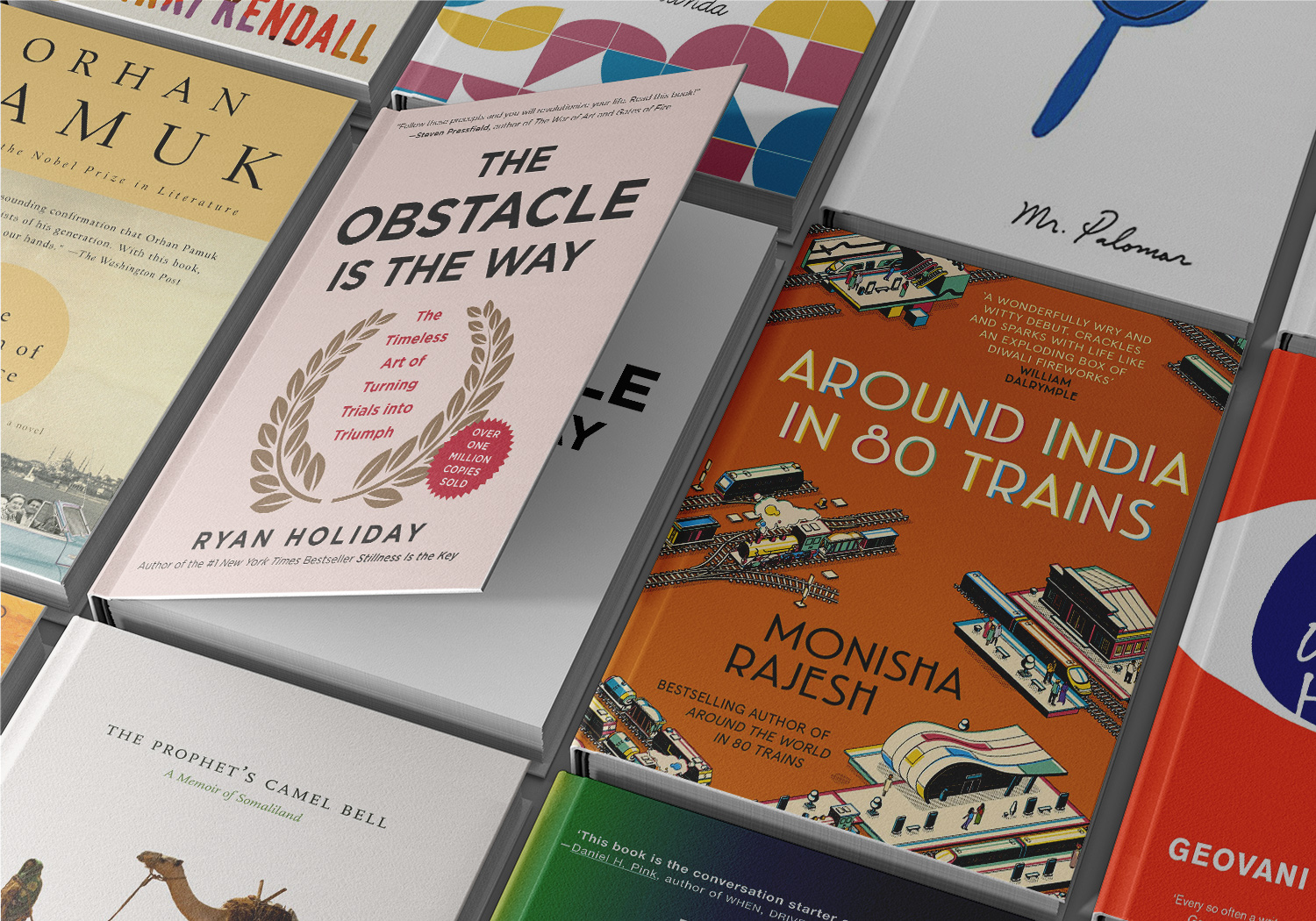
“Books are mirrors: you only see in them what you already have inside you.”
― Carlos Ruiz Zafón, The Shadow of the Wind
There is a very unique thrill that comes with reading a new book. Books are the greatest and the most loyal of companions. They make us feel and find meaning in living. Stephen King brilliantly calls them “portable magic”. Alice Hoffman goes further saying that they “may well be the only true magic.”
The UN hails reading and writing as “pillars of sustainable societies”, stating that ”through reading and the celebration of World Book and Copyright Day, we can open ourselves to others despite the distance. We can travel thanks to the imagination”.
23 April is a symbolic date for world literature. The following list of recommendations, from classics to unconventional “self-help books”, is our small celebration and contribution to this day, curated with care by our extended EATSA-ATFF family.
The Museum of Innocence by Orhan Pamuk
Recommended by Ali Afshar
Orhan Pamuk’s first novel since winning the Nobel Prize, is a stirring exploration of the nature of romantic attachment and of the mysterious allure of collecting. This colorful and fabulous novel will not only challenge the reader’s thoughts about love, but also those about marriage, sex, passion, family, friendship, and happiness. The Museum of Innocence also plumbs the depths of an Istanbul half Western and half traditional—its emergent modernity, its vast cultural history.
Invisible Cities by Italo Calvino
Recommended by Desmond Wee
Italo Calvino’s Invisible Cities, published in 1972, explores the process of imagination through the descriptions of a variety of fantastic cities supposedly visited by Marco Polo during his expeditions across Asia. The book is framed as a conversation between him and the aging emperor, the Chinese ruler Kublai Khan, but gradually it becomes clear that these are actually versions of the same city: Venice. Invisible Cities transport the reader into a fantastical itinerary of layered, labyrinthine meditations on cities, memory, desire and language
Open Veins of Latin America by Eduardo Galeano
Recommended by Daniel Maza
Originally published in the early 70s, Open Veins of Latin America is an eloquently written, vivid examination of five centuries of genocide, theft, and political interference by European and American economic interests. Weaving fact and imagery into a rich tapestry, Galeano fuses scientific analysis with the passions of a plundered and suffering people. An immense gathering of materials is framed with a vigorous style that never falters in its command of themes. Since its U.S. debut almost fifty years ago, this brilliant text has set a new standard for historical scholarship of Latin America.
The Iliad by Homer
Recommended by Aldo di Russo
The Iliad is an Ancient Greek epic poem by Homer, first published around 730 BC and despite its famous reputation as a classic, it is still relevant today. It recounts the events of a few momentous weeks in the protracted ten-year war between the invading Achaeans, or Greeks, and the Trojans in their besieged city of Ilion. From the explosive confrontation between Achilles, the greatest warrior at Troy, and Agamemnon, the inept leader of the Greeks, through to its tragic conclusion, The Iliad explores the abiding, blighting facts of war. This book, about war and honour, represents a pivotal creation in the annals of Western Literature, in an arousing admixture of historical facts and mythological fictions.
The Obstacle is the Way by Ryan Holiday
Recommended by Kevser Çınar
Drawing its inspiration from stoicism, the ancient Greek philosophy of enduring pain or adversity with perseverance and resilience, Ryan Holiday shows us how some of the most successful people in histor – from John D. Rockefeller to Amelia Earhart to Ulysses S. Grant to Steve Jobs – have applied it to overcome difficult or even impossible situations. The book serves as a guide to shows us how we can turn our own adversity into advantage and become more successful at whatever we do.
The Subtle Art of Not Giving a F*ck by Mark Manson
Recommended by Ana Cardoso
A massive international bestseller, this self-help book is for people who hate self-help books. The Subtle Art of Not Giving a Fuck is all about self-improvement not through avoiding problems or always being happy, but rather through engaging and improving upon problems and learning to accept the occasional unhappiness. A much-needed grab-you-by-the-shoulders-and-look-you-in-the-eye moment of real-talk, filled with entertaining stories and profane, ruthless humor, this book is a refreshing slap for a generation to help them lead contented, grounded lives.
The Prophet’s Camel Bell by Margaret Laurence
Recommended by Nancy Duxbury
In 1950, as a young bride, Margaret Laurence set out with her husband to what was then Somaliland: a British protectorate in North Africa few Canadians had ever heard of. Her account of this voyage into the desert is full of wit and astonishment. Laurence honestly portrays the difficulty of colonial relationships and the frustration of trying to get along with Somalis who had no reason to trust outsiders. Part travelogue, part autobiography, part celebration of human nature, The Prophet’s Camel Bell, is an essential read for anyone who has ever been a stranger in a strange land.
Mr Palomar by Italo Calvino
Recommended by Enrico Panai
First published in 1983, this book is a lens employed by Calvino to inspect the phenomena of the world, portraying a delightful eccentric whose chief activity is looking at things. The book consists of a graduated sequence of descriptions and speculations in which the protagonist, Mr Palomar, confronts the problem of discovering his place in the world and of watching those discoveries dissolve under his habitual intellectual scrutiny. A witty, elegant novel about looking, seeing, thinking, knowing and understanding.
Baltasar and Blimunda by José Saramago
Recommended by Francisco Dias
Published in 1982, Baltasar and Blimunda is Saramago’s most iconic novel. Translated into more than 20 languages, in over 50 editions, it examines a recurring theme in the writer’s work: the clash between rich and poor, the exploiter and the exploited. Set in the 18th century during the reign of João V, and at the height of the Inquisition, this book is a romance about love, deceit and religion, a poetic tale, graced with exquisite historical details and full of magic and adventure, is a tapestry of human folly and human will.
The Sun on My Head by Geovani Martins
Recommended by Maurício Kuperstein
With great talent and sensitivity, Geovani Martins narrates the childhood and adolescence of boys for whom the anguish and difficulties of age, are added to the violence of growing up in the less favoured side of the “Broken City”, Rio de Janeiro in the first decades of the 21st century. Drawing on his childhood and adolescence, Martins uses the rhythms and slang of his neighbourhood dialect to capture the texture of life in the slums, where every day is shadowed by ubiquitous drug culture, the constant threat of the police, and the confines of poverty, violence, and racial oppression.
Around India in 80 Trains by Monisha Rajesh
Recommended by Rao Narander Yadav
In Around India in 80 Trains, Rajesh describes her railway travels through India, a country she came to appreciate in retrospect 20 years after her return. Touring the country entailed large distances, hopping aboard 80 separate trains, she challenges herself with a fixed determination to experience every drop of the country and culture first-hand, while meeting a colourful cast of characters with epic stories of their own. Around India in 80 Trains is a story of adventure and drama infused with sparkling wit and humour.
The Civic City in a Nomadic World by Charles Landry
Recommended by Mariana Calaça Baptista
What happens when we try to create zones of encounter? Where and how these encounters are going to take place? How are we going to create places of empathy, where difference, the essence of what the city is about, meets? In this groundbreaking book, Landry – inventor of the Creative City concept -helps us navigate the evolving urban landscape and its potential, finding a pathway through the major dilemmas and potentials of our time: inequality, environmental distress and urban vitality.
The Crusades Through Arab Eyes by Amin Maalouf
Recommended by Mélanie Wolfram
Retracing two critical centuries of Middle Eastern history, Maalouf offers fascinating insights into some of the forces that shape Arab and Islamic consciousness today. Sifting through the works of a score of contemporary Arab chroniclers of the Crusades, eyewitnesses and often participants in the events, the author explores how European and Arab versions of the Crusades have little in common, and how the memory of the greatest and most enduring victory ever won by a non-European society against the West still lives in the minds of millions of Arabs today.
Hood Feminism by Mikki Kendall
Recommended by Tatiana Silva
How can we stand in solidarity as a movement, Kendall asks, when there is the distinct likelihood that some women are oppressing others? In a searing collection of essays, the author takes aim at the legitimacy of the modern feminist movement. Drawing on her own experiences with hunger, violence, and hypersexualization, along with incisive commentary on politics, pop culture, the stigma of mental health, and more, Hood Feminism delivers an irrefutable indictment of a movement in flux.
The Biology of Belief by Bruce Lipton
Recommended by Minako Yamazaki
In this self-published book, Lipton discloses groundbreaking work in the field of new biology, based on research conducted by him and other leading-edge scientists. The book presents stunning new discoveries about the interaction between your mind and body and the processes by which cells receive information. Using simple language, illustrations, humour, and everyday examples, Lipton demonstrates how the new science of Epigenetics is revolutionizing our understanding of the link between mind and matter and the profound effects it has on our personal lives and the collective life of our species.
In the Blink of an Eye by Walter Murch
Recommended by Ben-Hur Nunes
In the Blink of an Eye is celebrated film editor Walter Murch‘s vivid, multifaceted, thought-provoking essay on film editing. Starting with what might be the most basic editing question – Why do cuts work? – Murch treats the reader to a wonderful ride through the aesthetics and practical concerns of cutting film. Along the way, he offers his unique insights on such subjects as continuity and discontinuity in editing, dreaming, and reality; criteria for a good cut; the blink of the eye as an emotional cue; digital editing; and much more.
This Could Be Our Future by Yancey Strickler
Recommended by Nádia Oliveira
This Could Be Our Future is a book about how we got here, and how we change course. While the pursuit of wealth has produced innovation and prosperity, it also established an implicit belief that the right choice in every decision is whichever option makes the most money. The answer isn’t to get rid of money; it’s to expand our concept of value. Hopeful but firmly grounded, full of concrete solutions and bursting with creativity, This Could Be Our Future brilliantly dissects the world we live in and shows us a road map to the world we are capable of making.

